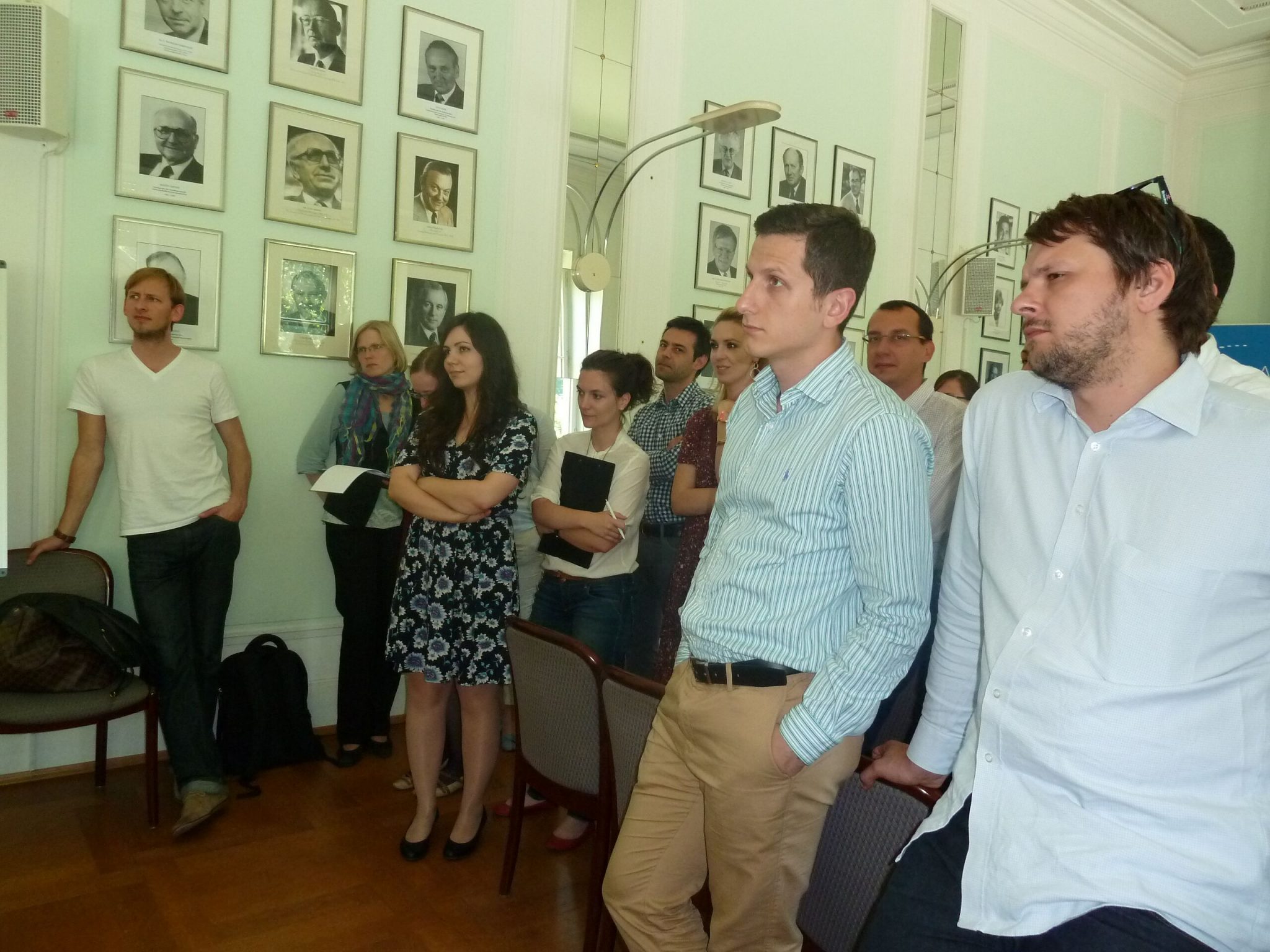Public administration constitutes a vast area for reform in the countries of the Western Balkans. The region’s political leaders have committed themselves to creating a professional, depoliticized, transparent, and service- oriented public sector – a requirement that also ranks highly on the European Union’s priority list for future member states.
Will reform efforts succeed in the long run? What are the crucial parameters of whether public administration reform succeeds or fails? What will be the state of public administration in the Western Balkans in ten years’ time?
These questions were at the center of debate of a joint strategic foresight workshop that brought together 27 policy makers, public officials, and policy analysts from both potential EU candidate countries in the Western Balkans and the most recent member state Croatia. Rather than trying to predict the future, scenario-building serves as a useful instrument in reflecting on alternative paths of development, which in turn helps to better understand dynamic environments and provides a sound basis for decision-making. Going beyond the details and technicalities of current reform efforts, the workshop was aimed at developing a comprehensive picture of the factors that shape public administration in the Western Balkans.
The strategic foresight workshop was a joint project of the European Fund for the Balkans, the Regional Academy for Democracy, and the DGAP’s TRAIN Programme. A short summary of the workshop results and participants’ impressions can be accessed below.













